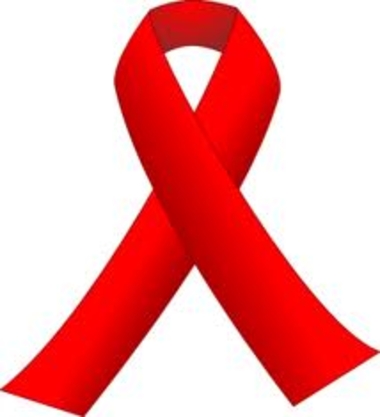Legal healthcare issues for the LGBT Community

Members of the LGBT community often face significant issues when dealing with healthcare providers. While many doctors and hospitals are sensitive to the needs of sexual minorities, some remain uninformed about law and policy affecting healthcare for LGBT persons, and persons living with HIV/AIDS.
HIV status still is problematic, and issues remain both for LGBT and non-LGBT people living with the disease. The 1990 Americans with Disabilities Act (ADA) protects people with AIDS or who are HIV positive. The law prohibits discrimination in the workplace against disabled persons who work for the government, for private employers, and those who provide "public accommodations," which means access to goods, services, and facilities. The ADA also prohibits any type of discrimination by state and local governments.
The first legal hurdle under the ADA was to qualify those with AIDS or the virus as “disabled.” In 1998 the United States Supreme Court decided in Bragdon v. Abbott, that a dentist could not refuse to treat an HIV positive patient. The court held that the patient, Sidney Abbott, was disabled under the ADA. Therefore, the dentist was guilty of discrimination unless he could prove that filling Ms. Abbott's cavity would pose a direct threat to his health, which, of course, he was unable to do.
The case does not mean that all those infected with the HIV virus are automatically protected by the ADA. Persons claiming to be disabled have to show that their medical condition "limits their major life activities." But since an HIV positive person's sexual relationships are impacted by the virus, that should be an easy test to meet.
Other health issues for the LGBT community include higher incidences of suicide, drug and alcohol dependence, and psychiatric disorders. Members of the community are more likely to be victims of childhood abuse, interpersonal violence, trauma to and the unexpected death of a close friend or relative.
The Affordable Care Act offers improvements. It prohibits health insurers from denying coverage or charging higher premiums to community members, removes the lifetime cap on coverage, requires no-cost preventive care and creates competition with a health insurance marketplace which is expected to reduce the cost of insurance for everyone.
Access to healthcare is another problem for gays and lesbians when seeking treatment at a private hospital or medical practice. Related to this is the practice of some hospitals to deny or delay visits by gay partners.
Several court cases dealt with partner access, but the results were mixed. A state court in Washington ruled in 2008 that a partner had the right to sue for emotional distress after being kept out of her partner’s hospital room. But a federal court in Florida, in 2009, ruled that a hospital had no legal duty to the partner and children of a patient, after the hospital prevented them from seeing the patient for eight hours.
The issue was put to rest in 2010. At the direction of President Obama, HHS took action to ensure equal rights for LGBT Americans to visit their partners in the hospital. Any hospital that participates in Medicare and Medicaid is required to respect the right of all patients to choose who may visit them when they are hospitalized.
I've heard horror stories about partners being denied or delayed hospital visitation. If you know of any recent incidents in the Oklahoma City area, let me know. I'd like to obtain visitation rules of local hospitals which have discriminated against community members.
by Sally Gilbert, Gayly Legal Columnist
The Gayly – March 27, 2014 @ 11:20am





